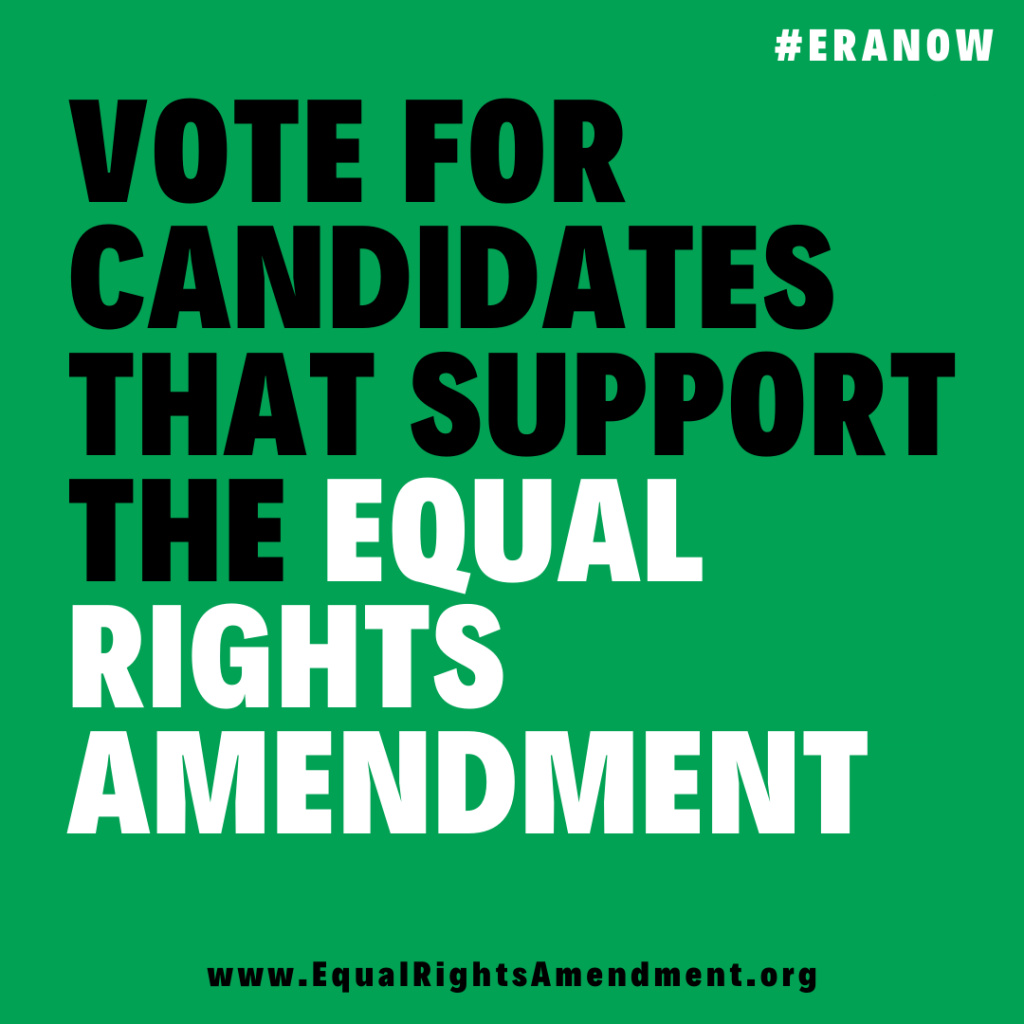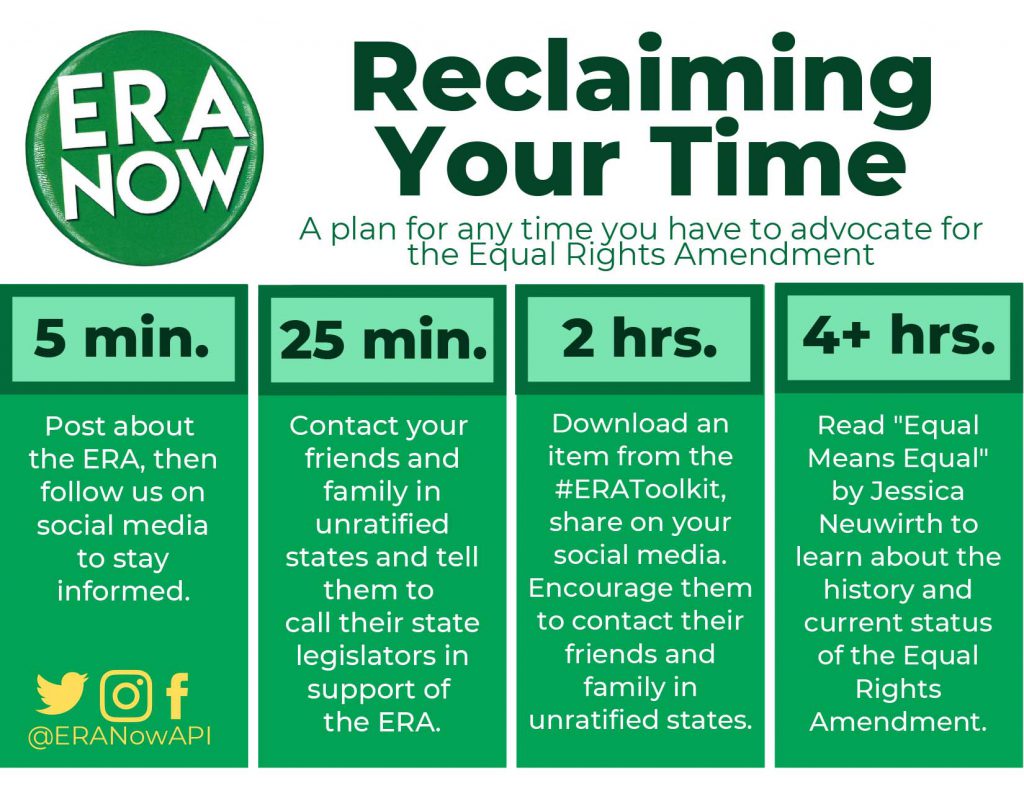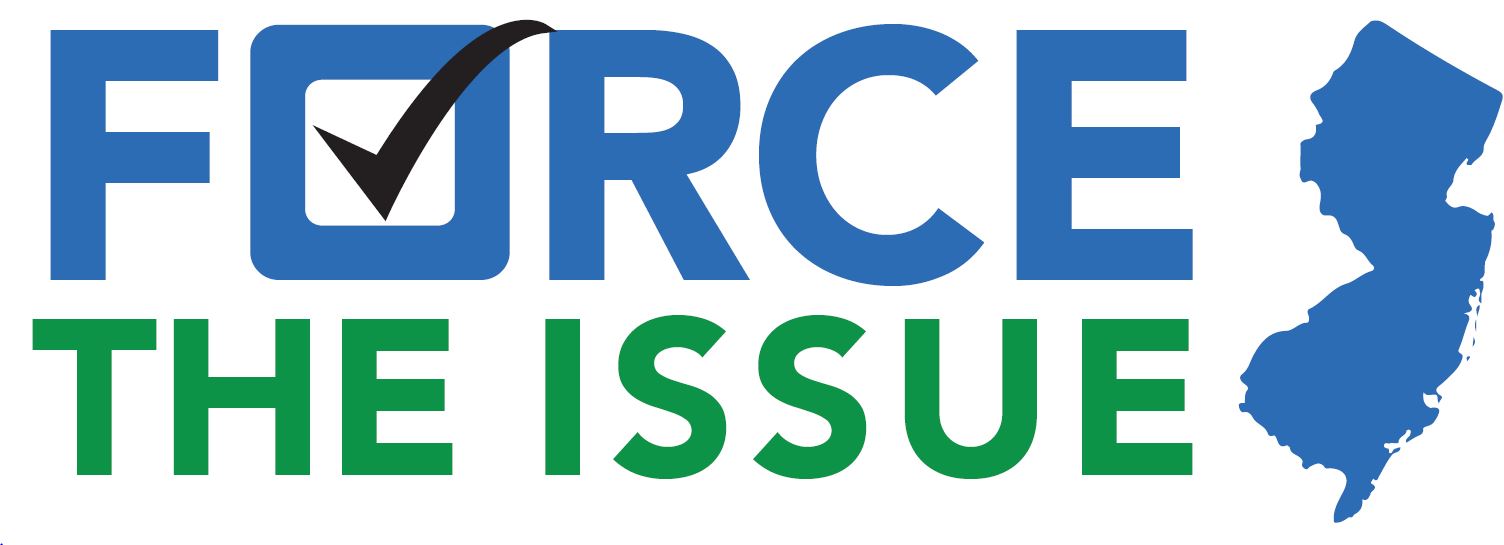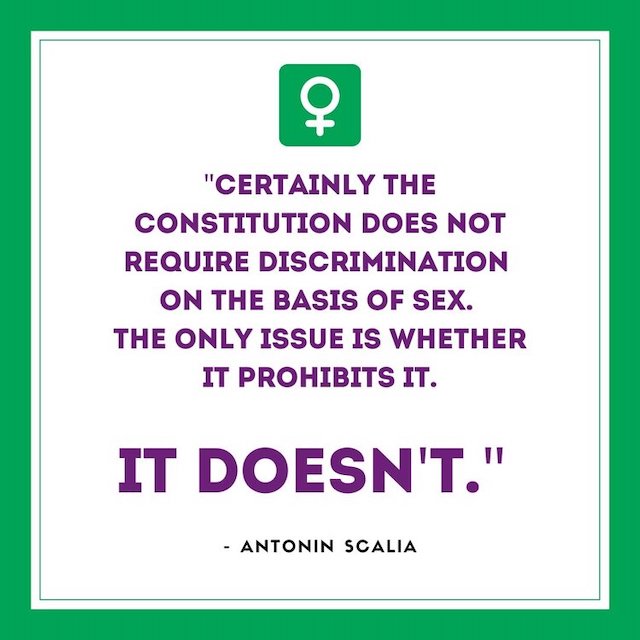In 1923, Alice Paul, a leader of the women’s suffrage movement from Mount Laurel, New Jersey, introduced the Equal Rights Amendment in Seneca Falls, New York, the site of the first women’s rights convention in 1848. The proposed amendment would guarantee that the rights affirmed by the United States Constitution are held equally by all citizens without regard to their sex, and it was introduced to Congress that year and reintroduced in every subsequent session for half a century.
Paul rewrote the text of the amendment in 1943, which today reads as follows:
Section 1: Equality of rights under the law shall not be denied or abridged by the United States or by any state on account of sex.
Section 2: The Congress shall have the power to enforce, by appropriate legislation, the provisions of this article.
Section 3: This amendment shall take effect two years after the date of ratification.
After decades of activism, the ERA finally passed the Senate and House of Representatives on March 22, 1972, by the required two-thirds majority and was sent to the states for ratification with a seven-year deadline. Congress later extended the original deadline to June 30, 1982, during which time the country witnessed renewed activism, both for and against the ERA. When the deadline expired, however, only 35 of the required 38 states had ratified the amendment. The ERA has continued to come before every session of Congress since 1982.
Alice Paul saw New Jersey ratify the ERA on April 17, 1972, but passed away near her childhood home in 1977 without seeing the Equal Rights Amendment become law.
On January 15, 2020, Virginia became the 38th state to pass the ERA after a historic vote a long time in the making. Despite this victory, three states—Alabama, Louisiana And South Dakota—have blocked the national archivist from adding the Equal Rights Amendment to the U.S. Constitution, and five states—Nebraska, Tennessee, Idaho, Kentucky and South Dakota—have attempted to rescind their earlier ratification of the amendment. Legal questions remain as to whether states can rescind in the first place (New Jersey, for example, “withdrew” their approval for the 14th Amendment in 1868, which was not provided for in the Constitution), meaning that legal battles are all but a foregone conclusion in addition to the lawsuit brought by the group Equal Means Equal, which seeks to void the original deadline, and one brought by three state attorneys general against the archivist of the United States.
Two different types of ERA legislation have already been introduced in the current Congress:
- The traditional legislation, which would begin the ERA ratification process all over again (the lead sponsor on this piece of legislation is New Jersey Senator Menendez). This means that both the House and Senate would again need to pass the ERA resolution by a two-thirds majority before sending it to the states for ratification. At least 38 states would again then need to ratify to ERA before it becomes law.
- The second legislation, called the “three-state strategy,” would simply remove the 1982 deadline so that the ERA could finally recognized as part of the Constitution once the courts reach resolution(s).
With Virginia’s recent ratification, activists are now focusing their efforts on the courts and on Congress to remove the deadline. This means electing a pro-equality Congress in 2020 is crucial to finally adding the Equal Rights Amendment to the U.S. Constitution.

Since January of 2018, the Alice Paul Institute Advocacy Committee has been working to empower ERA advocates across the country through the development of a free digital toolkit. As part of our efforts, on June 30, 2019, the anniversary that the original ratification failed, we reclaimed the day by holding ERA Day, a daylong event featuring a craft fair, a panel discussion, as well as networking and advocacy opportunities. Currently, with our recent victory in Virginia, the current and impending court cases, and November elections, we are in the process of developing even more education and advocacy materials.
We invite advocates everywhere, of all experience levels, to join us as we work to ensure that finally, equality of rights under the law are not abridged by the United States or by any state on account of sex.
- Review the ERA website and download free digital toolkit, and check back often as resources are added and updated regularly.
Contact your federal legislators and encourage them to support/co-sponsor resolutions to remove the deadline for the ratification of the ERA, and tell your friends and families to do the same.
- Stay updated on ERA news by following the API Advocacy Committee on Facebook and Twitter, and following our blog to stay updated on ERA news.


